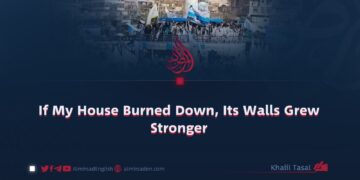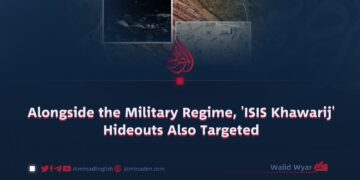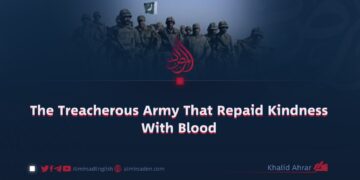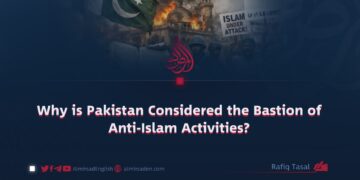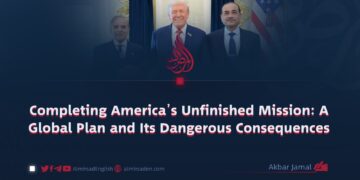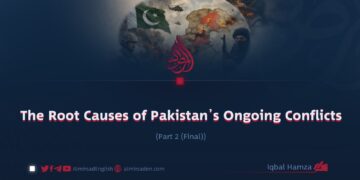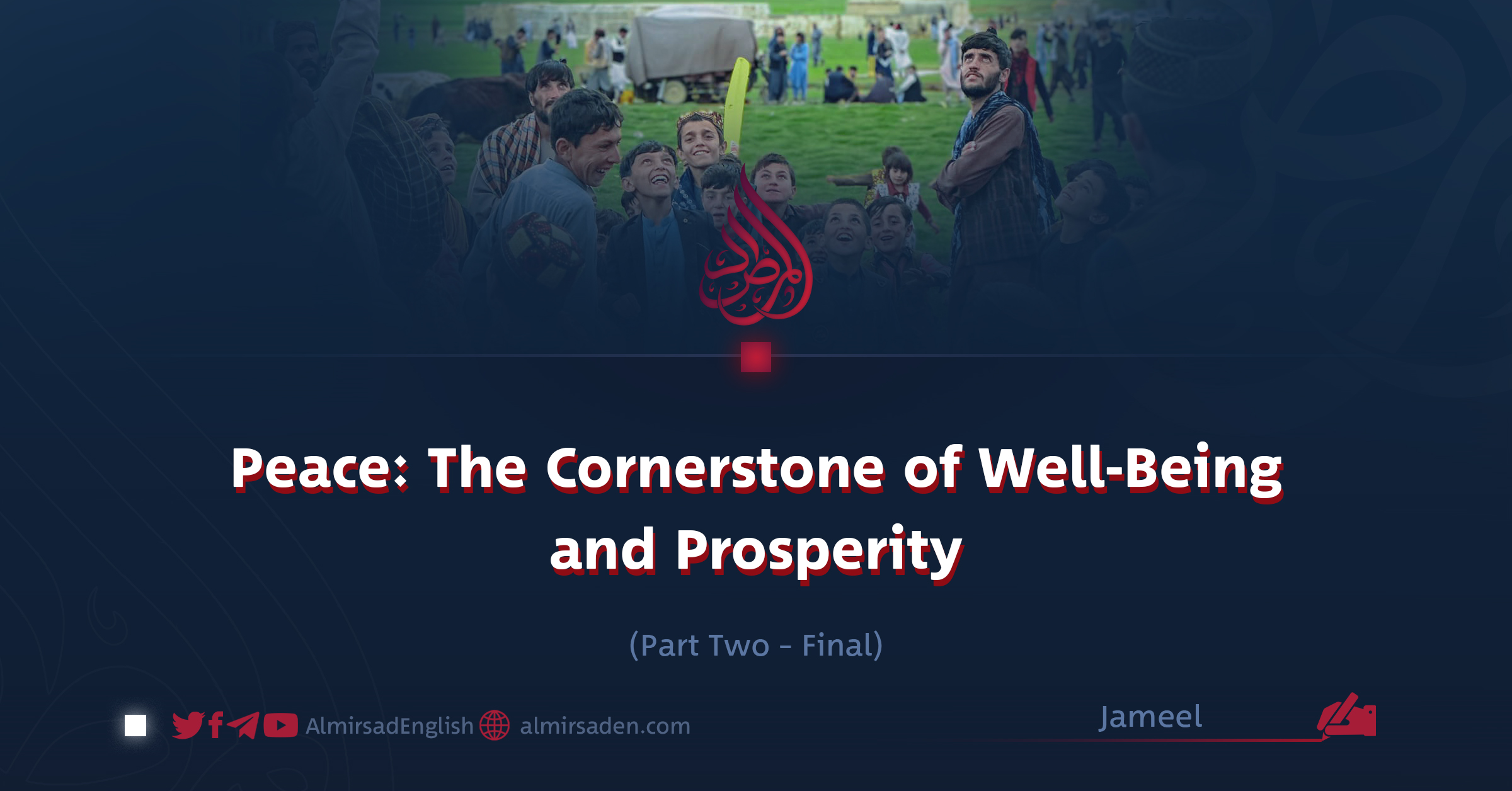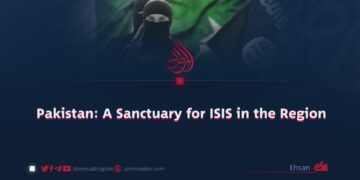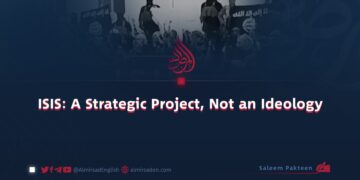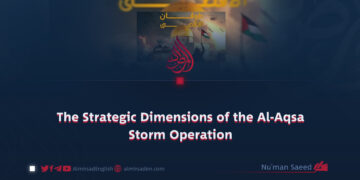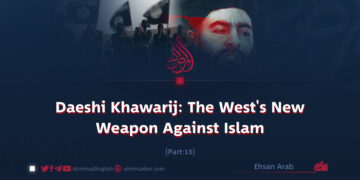Part Two – Final
Written by: Jameel
The Khorasan branch of ISIS (ISIS-K) is exclusively a project orchestrated by the United States with the intention to disrupt security in Afghanistan. Furthermore, ISIS lacks a cohesive and sound policy, direction, or arena for warfare. Instead, it has consistently perpetrated acts of violence and subjugation against innocent Muslims in various nations while fulfilling a role in advancing American interests within these regions.
Regarding the oppressed Muslims in Gaza, ISIS issued a statement asserting: “Prior to confronting Israel, we shall target you (the Muslims of Gaza) first and subsequently engage in conflict with them (Israel).” In opposition to the IEA, ISIS has consistently advocated for weakening and dismantling the Islamic system and Muslim population in Afghanistan.
There is documented evidence on various online platforms indicating that when ISIS encountered resistance from the Mujahideen of the Islamic Emirate in the Achin district of Nangarhar and the Darzab district of Faryab, they surrendered to the officials of the Republic. The Republic authorities, who were collaborating with American forces against the Islamic Emirate of Afghanistan, then transported these ISIS operatives from the battlegrounds to secure havens.
Presently, with the complete dominance of the Islamic Emirate (IEA) over every part of Afghanistan, ISIS—backed by American support—has established bases in neighboring nations to coordinate and operate, yet Afghanistan remains its primary battleground. This is in spite of the fact that Afghanistan is governed by an Islamic regime, whereas ISIS has not orchestrated any attacks in countries where non-Islamic systems are prevalent.
During the Republic’s era, when the Islamic Emirate engaged in fierce clashes against ISIS-K, Tolo News broadcasted a documentary concerning ISIS-K. In the documentation, Republic officials made strenuous efforts to link ISIS with the Haqqani Network (in their terminology) and refrained from classifying ISIS as a creation of their benefactors (the Americans). However, over time, this endeavor proved unsuccessful.
The distinctive animosity was palpable when they launched an attack on Khalifa Sirajuddin Haqqani in a mosque within the Ministry of Interior. Fortunately, he emerged from the assault unscathed, but numerous worshippers lost their lives as martyrs. Subsequently, they targeted Shahid Haji Khalil-ur-Rahman Haqqani (may Allah bestow mercy upon him), leading to his martyrdom alongside others.
It is now crystal clear that ISIS is indeed a covert American project. The U.S. aims to utilize this project to disrupt the security of Afghanistan. Their objective is to foment instability once more and exploit the situation for their benefit. Nevertheless, Americans must acknowledge that despite possessing formidable forces and advanced military capabilities, they have failed to accomplish their goals and have ultimately faced defeat. If Allah supports us, they will also fail in their plans with ISIS.
ISIS has failed to establish deep-seated connections in Afghanistan. Even upon their emergence in the aforementioned districts and Kunar, their actions were met with disdain by the populace. The American strategy is essentially a desperate and futile endeavor that is unlikely to yield success.













